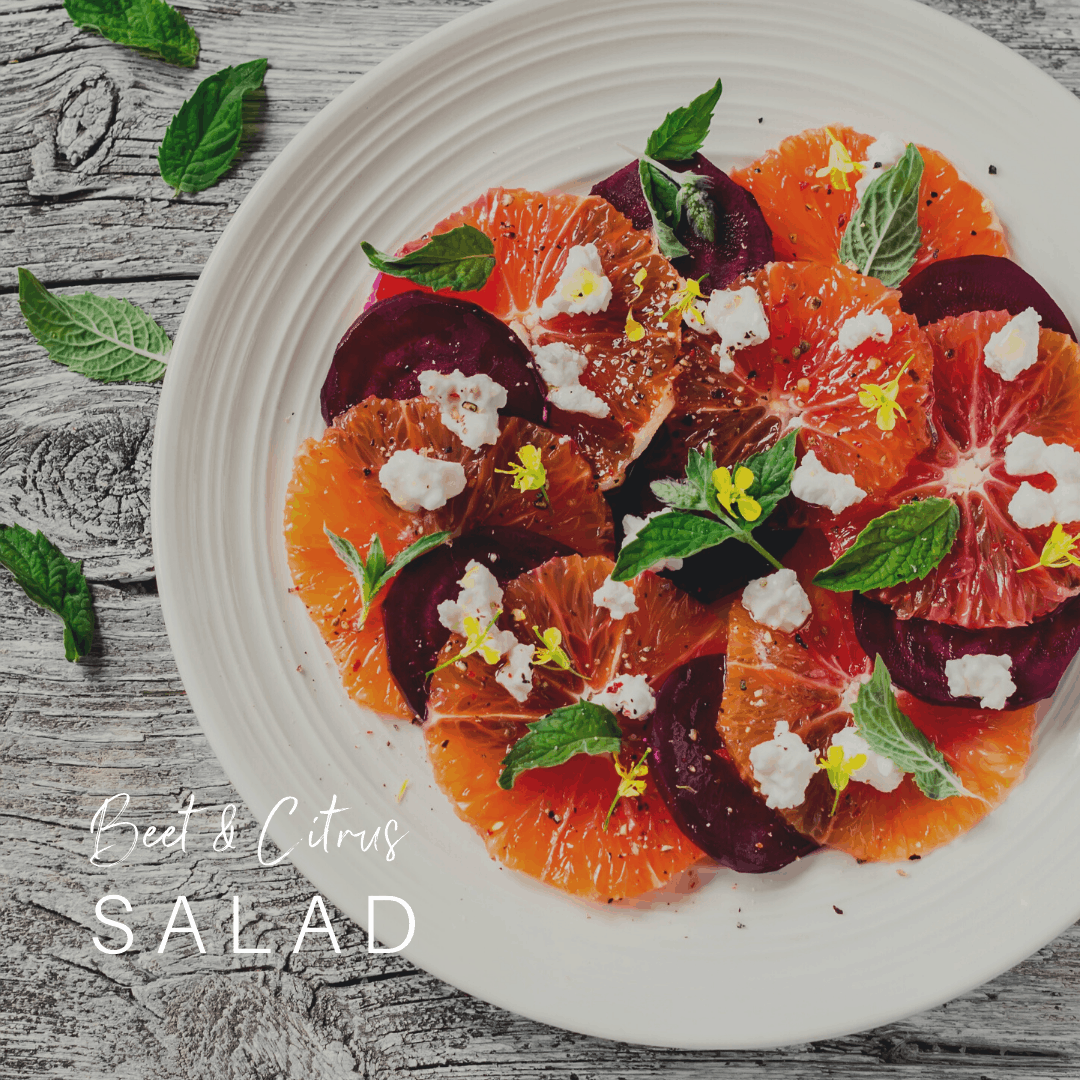Have you heard the term “Integrative Medicine” and wondered what it means and whether it could help you during cancer treatments and beyond? Read on to find out more…
Integrative medicine (IM) is an approach that considers the whole person and all the options available to support their health, according to Elizabeth Addington, PhD, Psychology, Northwestern Medical Group, Assistant Professor of Medical Social Sciences, Feinberg School of Medicine.
I am a firm believer in learning and exploring all available options for treating, preventing and even curing cancer, while optimizing health and quality of life.
That means reading up on reliable research, asking questions, talking with health professionals and other experts, and incorporating all available treatments and therapies that could be beneficial and make sense for each individual.
This is at the heart of Integrative Medicine — let’s dig a little deeper.
Conventional medicine vs Integrative medicine
Conventional medicine for cancer treatment
This kind of medical care refers to treatments such as prescription medication, surgery, radiation, chemotherapy, immunotherapy, etc. These are generally the types of treatment options recommended by oncologists and other cancer-related medical providers in the U.S. and other western countries.

Integrative medicine for cancer treatment
Integrative medicine includes conventional medical treatments plus additional practices to address the health of the whole person.
IM is frequently based on rich traditions and practices that have been formed and honed in ancient cultures over hundreds or thousands of years. Examples include yoga, based on ancient Indian roots, and traditional Chinese medicine.
These practices aren’t typically used in our conventional care in the U.S. However, lines are starting to blur between conventional western medicine and approaches from ancient cultures.
Types of treatments included in Integrative medicine
IM includes many different therapies that you may want to consider such as mind/body practices, lifestyle changes, the arts and creative expression, spiritual practices and vitamins or supplements. Let’s take a closer look at each of these areas.
Mind/body practices
Include mindful movement such as yoga and tai chi, meditation, journaling, mindfulness/gratefulness, sound or vibration therapy (such as crystal singing bowls), massage and Reiki (working with energy fields).


Lifestyle changes
Include diet, exercise, sleep and managing stress. Want to know more about the best diet for cancer recovery and prevention? Read my blog post all about nutrition.
The arts and creative expression
Include music and music therapy, dance, painting, drawing, sculpture, jewelry making or any other form of art or creative outlet that you enjoy doing. Arts can be enjoyable activities for many people and can be done with other people to create a social environment with added emotional support and connection.

Spiritual practices
Such as prayer and meditation can be done alone or as part of a group. Many churches offer support groups, prayer groups and other ways to enrich your spiritual health.
Acupuncture
Is a form of traditional Chinese medicine. There are several types, the most common of which is thin needles inserted into specific points in the body. This is often used to help with pain reduction and pain management.
Vitamins and supplements
Although there is an abundance of choices, be aware that there is not a lot of evidence that shows they help actually people with cancer. While often they can help manage symptoms and side effects, they can sometimes decrease the benefits of conventional cancer care and could cause harm if taken incorrectly.
Not all vitamins and supplements are bad, but be informed and be careful. Ask your health care provider (oncologist, integrative doctor, dietician, etc) for information or to check into any supplements that you are interested in to understand the potential benefits, risks, interactions and side effects.
And remember, getting vitamins and other nutrients from the food you eat is better than taking it in a pill or powder form. The body absorbs and processes these nutrients much better from foods.
Is Integrative medicine the same as Alternative medicine?
No. Alternative medicine refers to saying “No” to conventional care options and choosing only non-conventional treatments. So instead of choosing available conventional medical treatments such as surgery, chemotherapy, radiation and/or immunotherapy, etc., the person elects only non-conventional options.
Choosing only alternative treatments is usually not recommended. As difficult as some of the conventional treatments can be, they are very often effective. When you choose the best available treatments including both conventional and additional integrative approaches, you will be getting the best of both worlds. Many integrative therapies and practices will help to reduce or even eliminate side effects of conventional cancer treatments and improve overall health and wellbeing.
How do Integrative approaches help people with cancer?
Integrative medicine is very helpful for people currently in cancer treatment, post-treatment and beyond. Integrative treatments help decrease side effects and improve overall quality of life. In fact, once you make integrative therapies a habit, they can be healthy additions to your regular routine! Let’s look more closely at some of the most common benefits.
1. Fatigue
Feeling extremely tired is a very common side effect during cancer treatment, and even for a long time afterward. There aren’t effective conventional treatments that address and help with cancer-related fatigue. This is one area where IM can help a lot. Strong evidence supports exercise and yoga helping reduce symptoms of fatigue, both during and post-treatment. Although it may seem counter-intuitive, it’s true that your body needs rest and you also need to move. Exercise helps to kick-start your energy and overall health.

2. Stress, depression, anxiety
Mood changes are some of the emotional affects of dealing with cancer — when diagnosed, during treatment and post-treatment. Stress and mood can be impacted even after treatment has ended. Counseling can be part of conventional care. In addition, integrative approaches, supported by research, include yoga and exercise help improve mood, stress, anxiety.
There is a great body of evidence to support the benefits of meditation, in particular mindfulness-based stress reduction programs. Massage also benefits mood, and music therapy benefits mood and stress. In particular, research on people that are feeling anxiety prior to a procedure experienced reduced anxiety with music therapy.

3. Pain management
Acupuncture has been shown to reduce cancer-related pain.
Integrative Medicine types, benefits and resources
| Category | Examples | Potential benefits | Resources |
| Mind/body therapies | -Yoga, tai chi -Massage -Meditation -Journaling -Mindfulness -Sound or vibration therapy (crystal singing bowls) -Reiki (working with energy fields) | -Reduce stress -Reduce anxiety -Improved mood -Reduce fatigue -Good for overall health -Reduce pain | -Google “cancer wellness” for local cancer support and integrative therapies –crystal singing bowls -Crystal singing bowls demonstration by Yolanda Lozano (the bowls start at 5:10) |
| Lifestyle changes | -Whole food, plant-based diet -Exercise -Sleep -Stress management | -Reduce fatigue -Improve energy -Good for overall health | How Nutrition Can Fight and Prevent Cancer |
| Arts and creative expression | -Music and music therapy -Art therapy -Painting -Drawing -Sculpting -Dance -Jewelry making | -Reduce stress -Reduce anxiety -Create social connections and build relationships | -Local offerings can be found through park districts, clubs and associations |
| Spiritual practices | -Prayer -Meditation -Reading the Bible or other spiritual books and guides | -Reduce stress -Improved mood -Promote social engagement and build relationships | -Get involved with a local church, synagogue or other religious establishment -Ask a friend or family member for recommendations |
| Acupuncture | -There are many varieties; the most common is thin needles inserted into specific parts of the body by a trained professional | -Reduce pain -Reduce stress | Directory of acupuncturists |
| Vitamins and supplements | -Multi-vitamins -Turmeric/ curcumin -Vitamin D -Vitamin B12 | -May improve energy and stamina -May reduce inflammation -May support overall health, although getting these from foods is more beneficial (except for B12) | -Taking vitamins or supplements may be beneficial, however it may interfere with other treatments or could even be harmful to your health -Be sure to discuss anything you wish to take with your health care provider, as there may be combinations or dosages that should be avoided, especially during cancer treatment |
Tips for including integrative therapies in your care routine
See the Additional Resources section at the end of this post
1. How to find an integrative doctor
Start by finding an integrative general practitioner or primary care doctor. The University of Arizona has an integrative training program.
Search online for “cancer wellness”, “integrative medicine”, “integrative services” or “functional medicine”.
Make sure to inform all your health care providers about the vitamins and supplements that you are taking.
2. How to find an acupuncturist
Training and certification programs are required and available; check the NCCAOM website.
3. Insurance
Many insurance plans often do not cover integrative medicine, so check with your medical insurance provider first. Look into other free or low-cost programs and resources in your local area (Gilda’s Club, etc), online yoga or tai chi classes, cooking demos and local park districts. Check with your local hospital or wellness center for cancer support and wellness offerings.
4. Why does it feel so difficult to find information on integrative medicine?
There is still some misunderstanding and caution within conventional medicine about embracing the benefits of IM. Although these therapies have been around for centuries, modern research methods are more recently starting to show the benefits through research studies. There’s pretty much nothing but benefits for you here, so I encourage you to incorporate any and all that make sense for you at any given time.
What’s next
While I would not tell you which approach you should take, I believe that everyone should consider all available treatments – both conventional and integrative. Determine all available options and discuss the benefits and risks with your health care provider/s. Don’t be afraid to get a second opinion if you feel it’s appropriate.
Then, discuss the options with your spouse or other loved ones and make a decision that you are most comfortable with. And remember, you can add or remove treatments or therapies as you go, depending on how you are responding and new information you may gain along the way.
Seeking a variety of opinions and input is important, but only you can determine which options – both conventional and/or integrative – you will take.
Whether you are in treatment, post-treatment or a thriver, incorporating more integrative approaches will not only benefit your physical health, but will help you emotionally and mentally as well, giving you a feeling of wellbeing and peace of mind.
Additional Resources
Where to find integrative medicine providers
- Society for Integrative Oncology (SIO) member directory
- Directory of integrative health providers (U of AZ)
- Find an acupuncturist
- NM supportive oncology (Chicago)
- Facebook page for Osher Center for Integrative Medicine at Northwestern University (Chicago)
Cancer Support
- Cancer Support Community
- Join my FREE Facebook Group






